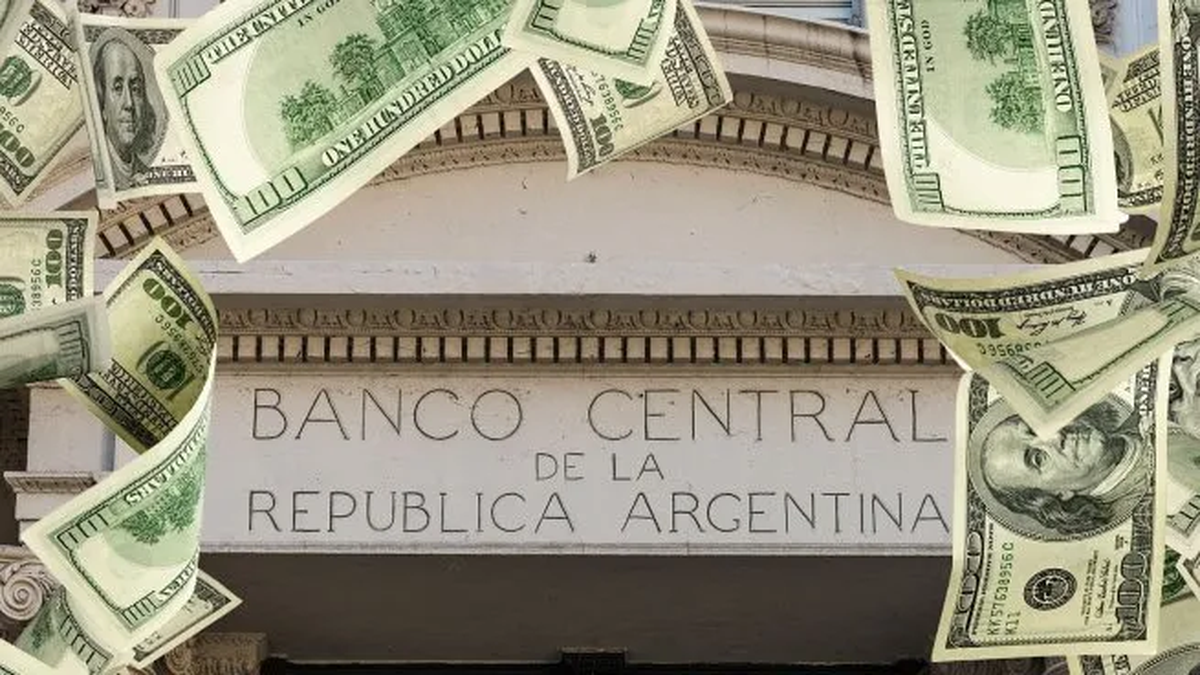Taking advantage of the validity of a cheap dollarday by day shopping tours to neighboring countries multiply, especially to Chile. This situation set off alarms among merchants in border provinces, who warn of the impact that the event generates on local activity. Tourism, at the same time, is watching closely on the eve of the arrival of the summer season.
According to a study carried out by the RA Center of the Faculty of Economic Sciences of the University of Buenos Aires (UBA), last August a person in Argentina had a cost of living of almost 5 minimum wages, making it the most expensive country in the region.
Such a scenario, added to the exchange rate delay that various specialists denounce, It turns neighboring markets into fruitful opportunities for those who can travel. However, its correlate isl negative impact on local commerce, which suffers the consequences of the transfer of demand.
Mendoza merchants protest
One of the provinces where the greatest concern is Mendoza. In recent weeks, The Cristo Redentor international crossing witnessed extensive lines of buses transporting Argentine shoppers. Given this situation, the Economic Federation of Mendoza (FEM) issued a statement titled “Concern about the drop in consumption and smuggling of products in Mendoza”, in which it accounts for the decline experienced by various sectors of the economy.
In particular, the text refers to the impact of shoe stores, clothing, technology and small appliances, among others. “The proximity to Chile has generated a particularly harmful situation for Mendoza businesses: the increase in consumers who travel to buy in the neighboring country, taking advantage of the exchange difference and the more favorable tax structure to offer products at more competitive prices”, he assures.
FEM Communiqué – Shopping Tours.pdf
At the same time, the FEM emphasizes “shopping tours, which are not only intended for personal consumption, but have given rise to an illegal practice of smuggling, through which products purchased in Chile are introduced into the country illegally. irregular and then be marketed at fairs and social networks”. “This practice not only affects legal businesses, but also generates unfair competition that puts the sustainability of local SME producers at risk,” complaint.
The statement also criticizes “the arrival of products from other neighboring countries, such as Bolivia, Brazil and Peru through informal channels”, which “is increasing pressure on local trade.”
In closing, it urgently requests that the provincial and national authorities “implement concrete and specific measures to control the transit of shopping tours, with the consequent entry of merchandise into our country, which is clear evidence of irregular commercial activities.” , generating unfair competition with those who carry out legal activities and pay their taxes.”
“We request that financing programs for SMEs be strengthened, in order to improve the competitiveness of Mendoza businesses and allow them to more effectively face this situation of commercial inequality. “In the same way, we consider it essential to promote local consumption, urging citizens to support the businesses of Mendoza, contributing to the strengthening of the provincial economy,” ends.
Tourism, waiting for the summer season
Another front where the situation is looked at with a magnifying glass is tourism. In the sector they fear that what is currently happening with consumption will have replicas in the summer season and that local travelers will lean towards foreign destinations taking advantage of the appreciation of the Argentine peso.
“Every few years it happens to us. When there is the opportunity to buy cheaper in Chile, people go for two or three days, do the shopping, eat delicious food and come back. The same thing happened to us until last year with the Chileans, who went on a shopping spree, ate delicious food here and came back,” explained the Secretary of Tourism of Bariloche, Sergio Herreroto Scope.
In this regard, the official commented that “When you have your mind on spending the summer somewhere, maybe it will be more austere, it will take a few days off your stay, but when you want to go somewhere and you have it in your head, you go. If the difference becomes too much, it’s another story. Let’s hope not.”
bariloche.jpeg
San Carlos de Bariloche, one of the favorite destinations of Argentine tourism.
“We are working so that hoteliers raise awareness and lower prices; so that the Chamber of Commerce begins to ask for promotions with cards and refunds. We are carrying out a plan with flights and “low cost” flights with special prices, such as the night flight offered by Aerolíneas Argentinas in December. Three Chilean airlines are going to fly to Bariloche throughout December, January and February,” he concluded.
Another Patagonian province that shares a border is Holy Cross. Its capital, Río Gallegos, has a free zone inaugurated in 2021, which means that the local population has access to certain products at a lower cost. However, traffic between Argentina and Chile is continuous. “Many Santa Cruz residents travel to buy, but a lot of Chileans also come because food is very expensive there. There are Chileans circulating all the time in Río Turbio, El Calafate, 28 de Noviembre, Río Gallegos,” indicated from the province.
In that sense, they pointed out that exchange differences do not usually translate into a loss of Santa Cruz or Chilean tourism, but rather the exchange is permanent, as also happens in Tierra del Fuego: “This situation even gives us a different dynamic. It’s a back-and-forth. We go there to buy something for the price it has and they come here to consume supermarket things.”
Source: Ambito
I’m a recent graduate of the University of Missouri with a degree in journalism. I started working as a news reporter for 24 Hours World about two years ago, and I’ve been writing articles ever since. My main focus is automotive news, but I’ve also written about politics, lifestyle, and entertainment.




